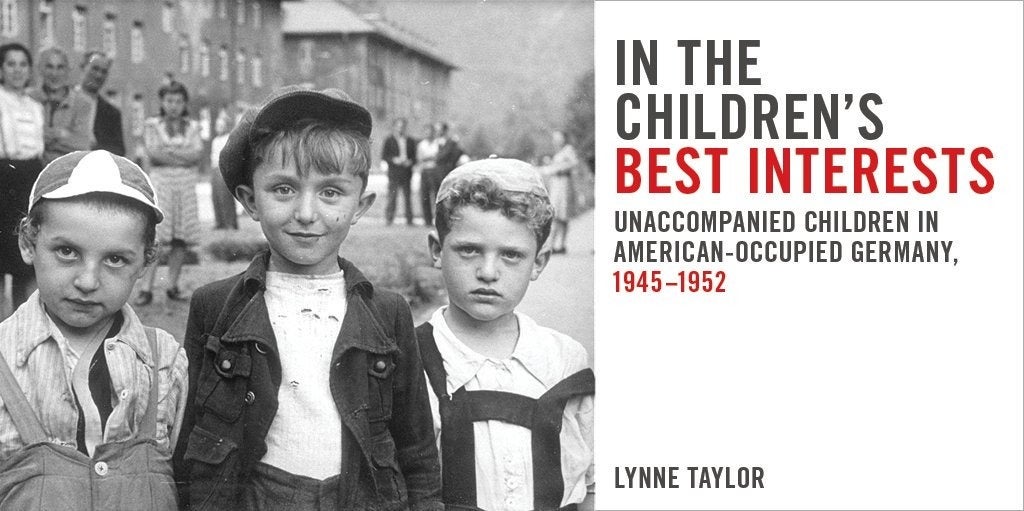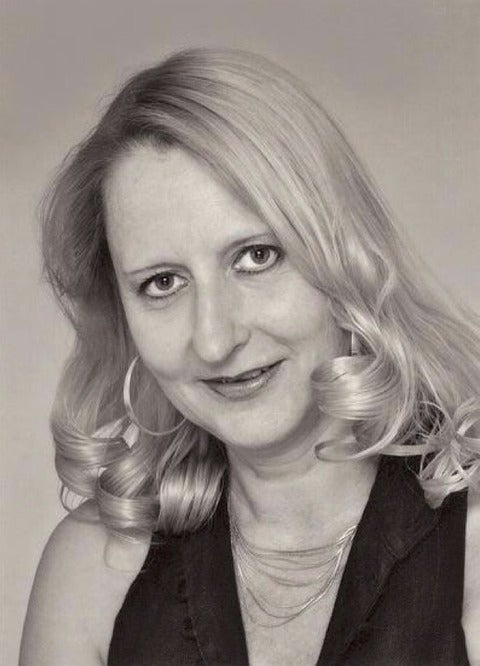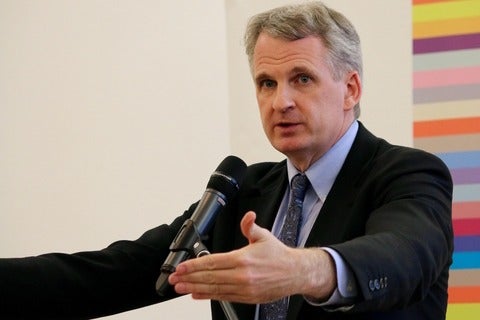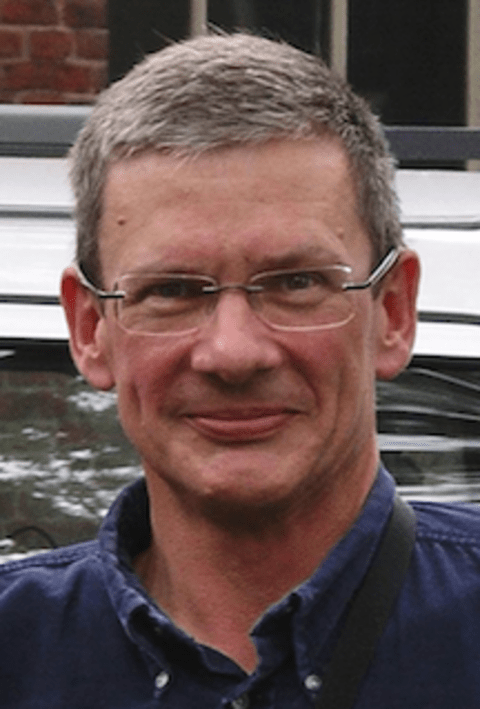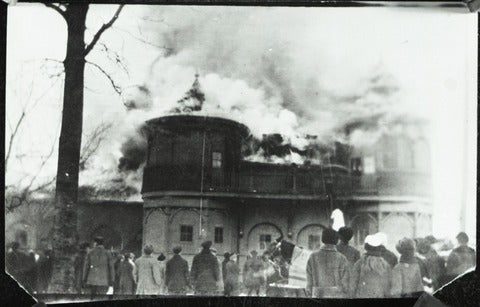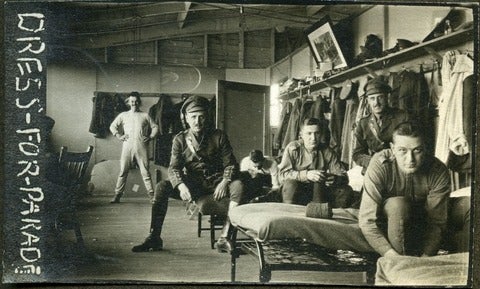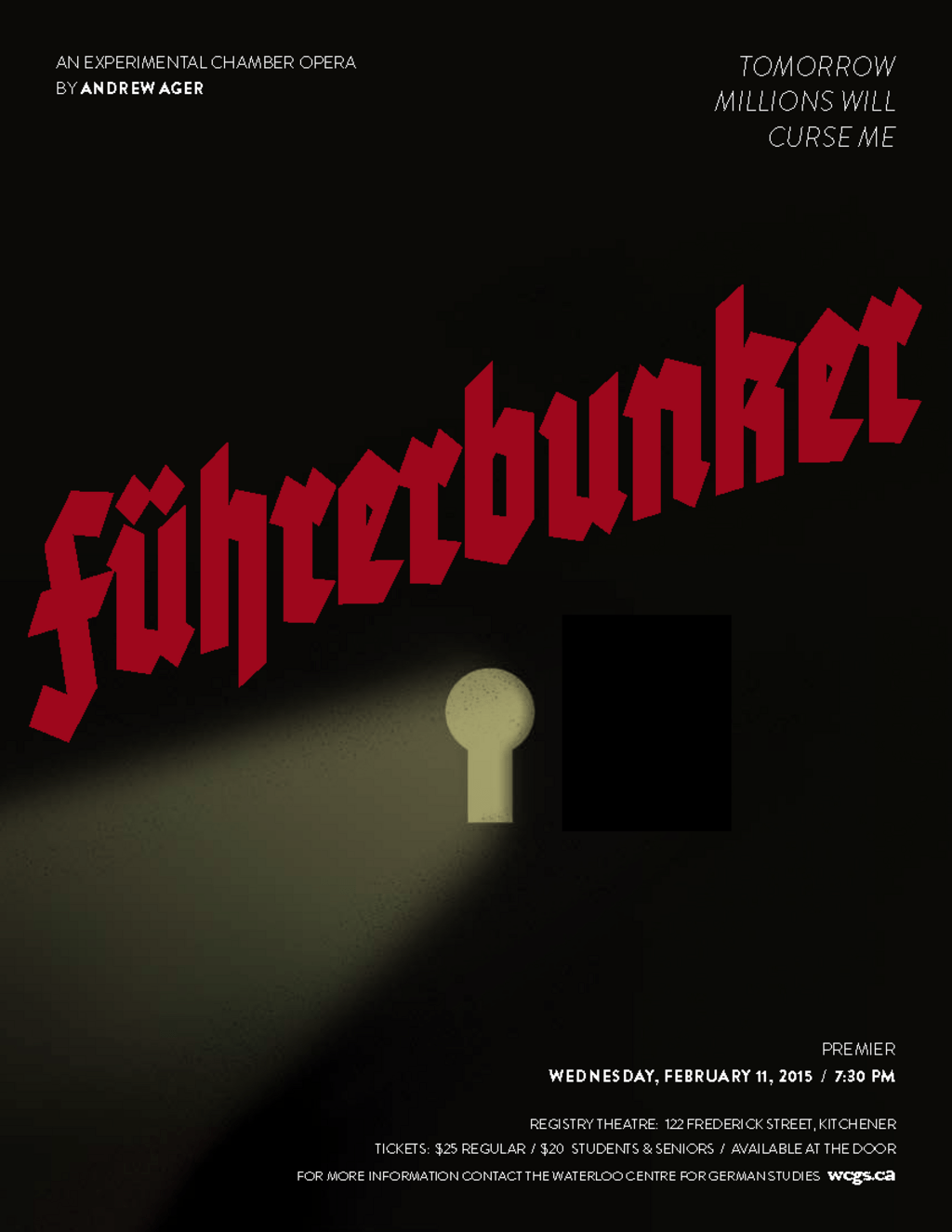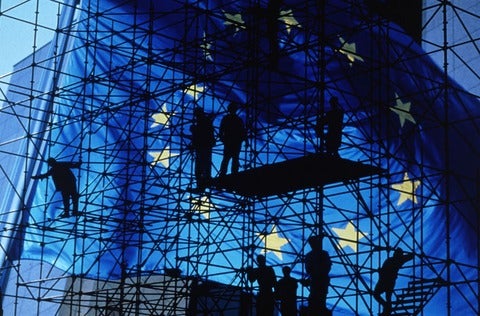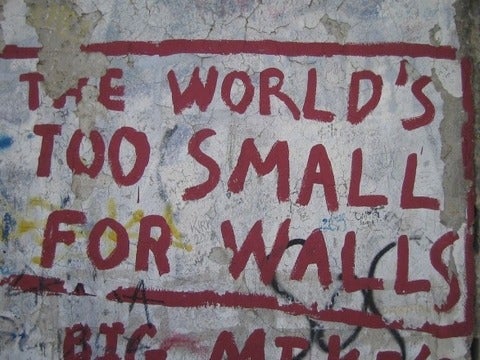Twenty-five years ago and after protests and peaceful demonstrations, the Berlin Wall opened, the East German government resigned, and German unification was on the horizon. The year 1989 was an eventful year for East Germans: protests during the local elections in spring; the flight of thousands via Hungary and Czechoslovakia in summer; anti-government protests in Leipzig and other cities and towns in fall, and the fall of the Wall in November.
Mat Schulze, prof in the Department of Germanic and Slavic Studies and director of the Waterloo Centre for German Studies, was a student in Leipzig in 1989. He will talk not only about the political developments that year but also give an eyewitness account of protests, civic rights actions, and demonstrations in Leipzig.
